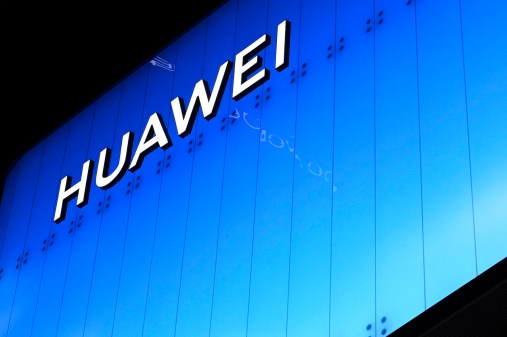Potential for backdoors in foreign telecom gear draws FCC’s attention

Federal Communications Commission Chairman Ajit Pai wants to inhibit U.S. telecommunications providers from buying equipment and services he says could give foreign-government hackers a foothold in U.S. networks.
A draft FCC proposal, released Tuesday, would prevent companies from using the commission’s $8.5 billion Universal Service Fund (USF) to buy routers, switches, and other gear from companies that “pose a national security threat to United States communications networks or the communications supply chain,” the FCC said in a statement.
Backdoors in networking equipment “can provide an avenue for hostile governments to inject viruses, launch denial-of-service attacks, steal data, and more,” Pai said.
The USF helps telecoms companies provide service in high-cost and rural areas in the U.S. The FCC plans to vote on the proposal April 17. The proposal wouldn’t be a blanket ban on buying such gear, because telecoms could use their own funds to do so rather than drawing from the USF, an FCC spokesperson told CyberScoop.
Cybersecurity experts have long considered the supply chain to be one of the thorniest challenges in the field because vulnerabilities introduced early in the development process can be extremely difficult to detect. Aware of such backdoors in software or hardware, hackers can bide their time until it is ripe for an attack.
The FCC proposal comes as Congress has moved to crack down on technology companies from China and Russia, citing supply-chain security concerns. Sens. Tom Cotton, R-Ark., and Marco Rubio, R-Fla., last month introduced a bill that would ban agencies from buying equipment or services from Chinese firms Huawei and ZTE, with Cotton describing Huawei as “effectively an arm of the Chinese government.” Under the 2018 National Defense Authorization Act, U.S. federal agencies are forbidden from buying software and hardware made by Moscow-based Kaspersky Lab.
Treasury Department officials, meanwhile, are working to identify sensitive tech sectors — such as semiconductor production — in which Chinese firms could be banned from investing, Bloomberg News reported.
Such piecemeal measures against companies and countries are, however, no substitute for a broader strategy to help bolster supply-chain cybersecurity in the private sector. The Department of Homeland Security has recently given shape to that strategy by offering a risk-assessment service for critical-infrastructure operators’ supply chains. The nascent program will advise companies on how they can close gaps in their procurement policies.
“As our cyber dependence increases and the connectivity of our networks and assets and data continue to grow, your risk — each of you individually in this room, each of your entities’ risk — becomes my risk,” DHS Secretary Kirstjen Nielsen told energy executives March 1.




